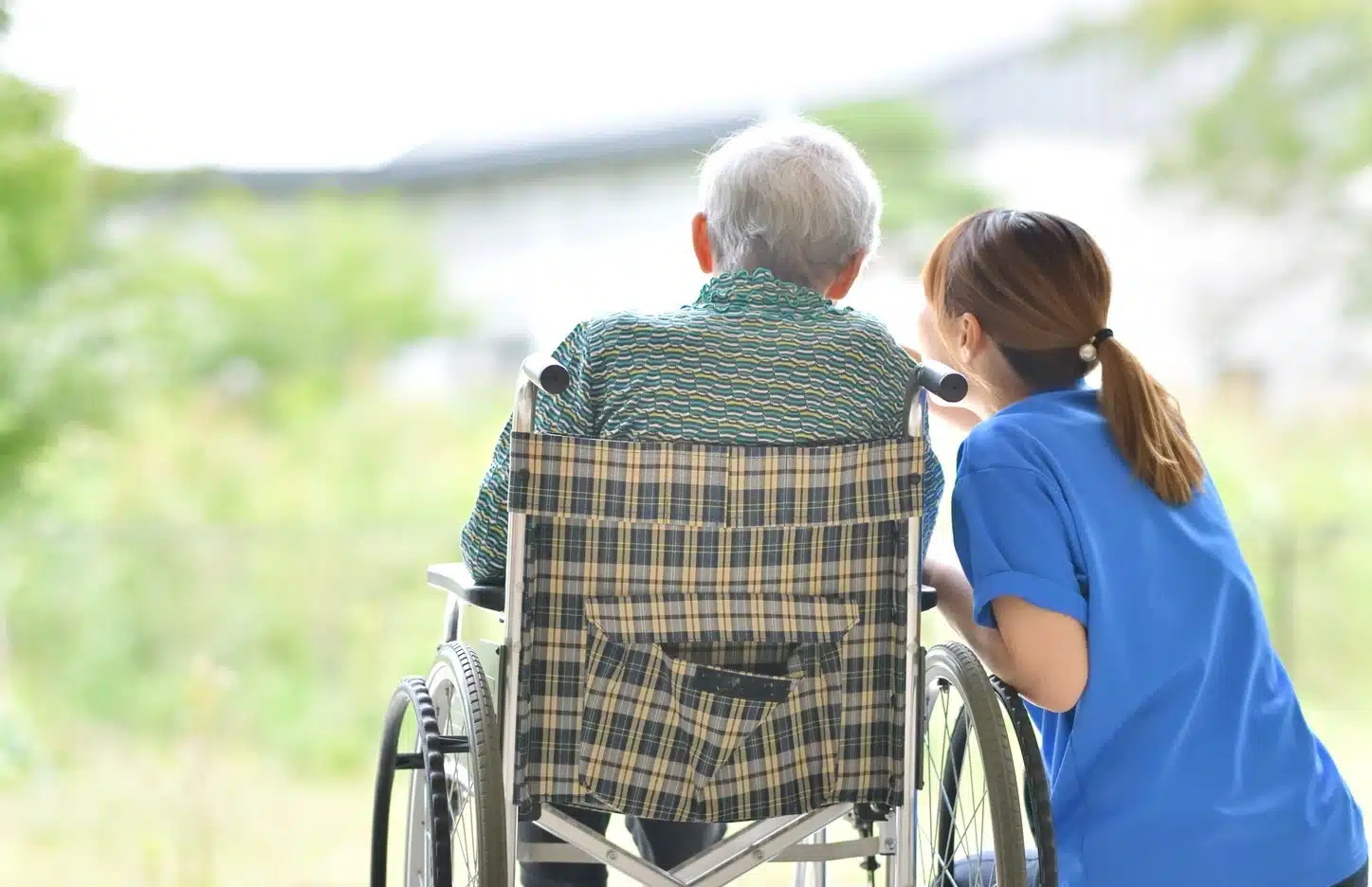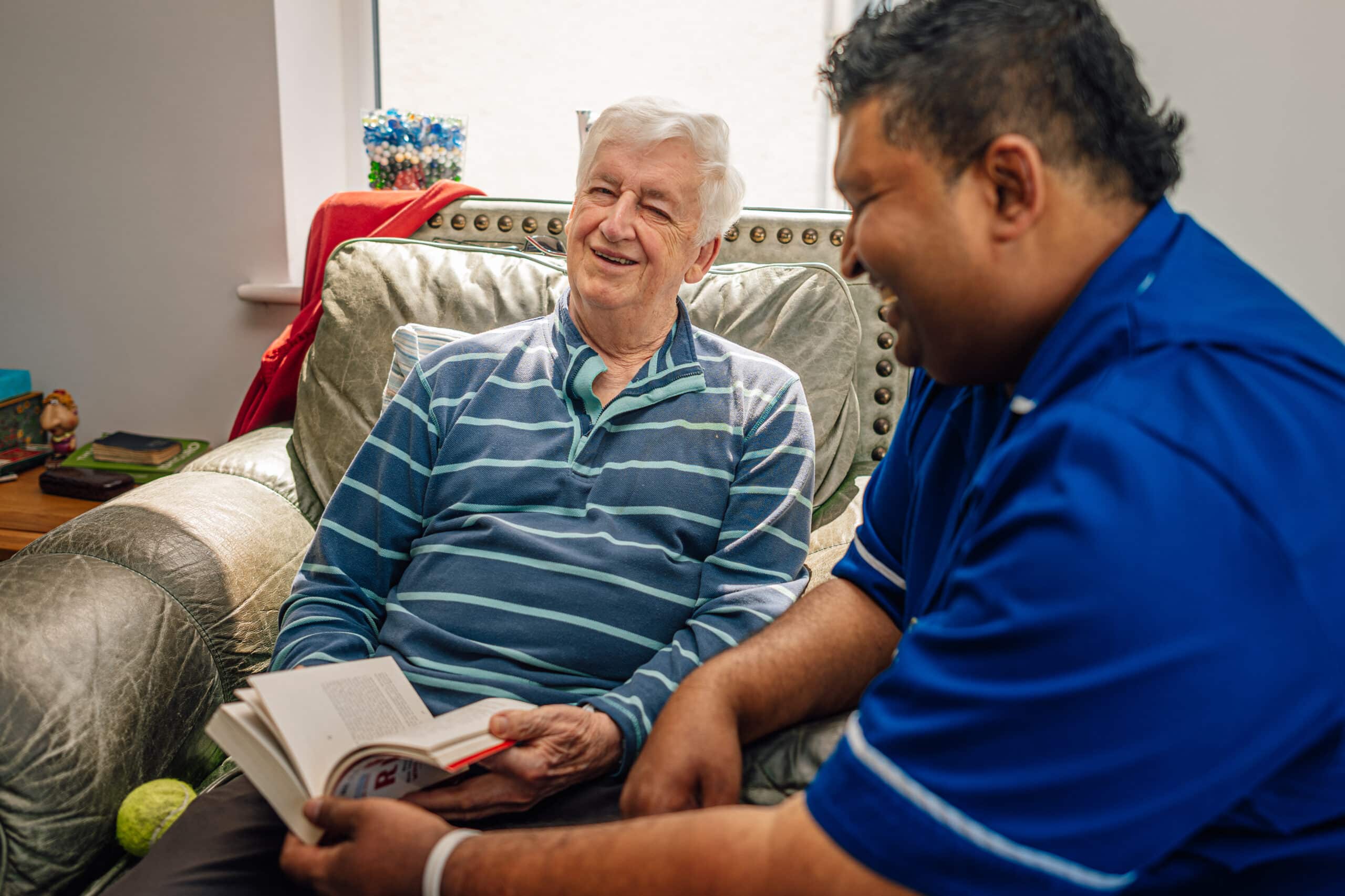Mental Well-Being and Companionship in Home Care

Emotional well-being is just as important as physical health. Yet, for many older people and vulnerable adults, this gets overlooked. This can lead to loneliness, anxiety, and depression, among other conditions. Therefore, companionship is vital in maintaining mental well-being in a home care setting. Maintaining mental health is essential, and care assistants play an important role. From companionship to community involvement, there is a lot that can be done to help those in need.
The Link Between Companionship and Mental Well-Being
Mental well-being and companionship are interlinked, and it’s important to understand why. To start, loneliness can have a significant negative effect on mental well-being, particularly in older people. For instance, older people who are experiencing feelings of loneliness are at a high risk of cognitive decline. Isolated individuals are also more likely to develop heart disease or suffer from a stroke. So, it is important to provide the necessary emotional support within care services. Taking care of the mental well-being of the customers is a priority in home care.
Every moment of connection is important. It can have many benefits such as boosting emotional resilience, cognitive function, and memory. Having a companion to engage in meaningful conversations with can also help to regulate emotions, which can improve mood. Knowing that someone is there to support you during both positive and negative times can become an emotional safety net. This leads to reducing feelings of isolation and contributes to better mental health.
Regular communication can come in the form of an in-person catch-up, a phone call, or a video call. It can reduce feelings of isolation and create a sense of belonging, which is key in managing anxiety and depression. Older people must be given the help to enjoy a high-quality of life. To reduce feelings of anxiety and depression, socialisation and human connection are a priority.

Companionship in Home Care: More Than Just Assistance
Many people think of mobility help, or help with daily tasks when they hear the words ‘home care’. Practical support is indeed an important element in what a caregiver provides. However, it is also important to acknowledge the role of companionship. This emotional layer can enhance well-being, whilst promoting a sense of security and happiness. Companionship is about sharing moments of joy and making an individual feel cared for far beyond their household chores.
What is The Role of Companionship?
Companionship services can involve hobbies, trips out, and meaningful conversations. All this is personalised to each person’s preference. Whether it is through gardening, a board game, or looking through old photographs, these activities enable individuals to feel connected to the world around them. The personalised nature of companionship means that connection, trust and familiarity are key. A care assistant who understands their customer can provide better emotional support. When this relationship is nurtured, it can reduce anxiety and create a sense of safety. An important part of the role of companionship is improving the mental well-being of people.

The Role of Professional Caregivers in Providing Companionship
Each person is unique, and so are their emotional needs. Professional care assistants work with families to develop personalised care plans. These care plans address both physical and emotional health. This ensures that companionship services are tailored to the individual. The goal is to provide a sense of fulfilment and positivity. Balancing physical care, such as bathing or dressing, with emotional support, is vital for the overall health of older individuals. They directly impact each other and are pivotal in preserving well-being. Hence the importance of companionship for mental well-being in older people.
Family, Community Involvement and Well-Being
Family Involvement and Mental Health
Loved ones can receive support from family members to combat loneliness. They play a vital role in the mental well-being of older family members and companionship is something they can do. When it comes to companionship, they can do it in the form of regular visits and engaging activities. When family members work with a care team to provide emotional support, a cohesive care approach is created.
Community Involvement and Companionship
Community programmes also offer valuable companionship to older people. Organisations such as MHA provide volunteer services that provide extra social support. This gives people the opportunity to engage in the wider social community. An important aspect to make connections outside of their families, professional carers and homes. Individuals receiving home care can use technology to their advantage. By joining virtual support groups, or engaging in online activities. Being physically isolated no longer prevents individuals from staying connected with their friends and family. Technology is integrated into the services of home care and can help maintain meaningful relationships even if that’s not in person.

Next Steps for Mental Well-Being and Companionship
Companionship is vital in promoting mental well-being for older people. When emotional support and meaningful connections are prioritised, loneliness, anxiety, and depression rates decrease. Our home care services can offer a comprehensive support plan that focuses on the mind as well as the body. This is achieved by putting mental well-being and companionship at the centre of a care plan. By providing the right support, we help our customers to maintain a connected and fulfilling life at home.
What Caremark Can Do For You
At Caremark, we understand the significance of emotional well-being in care. We are dedicated to providing companionship and emotional support alongside physical assistance. Our professional, trustworthy and cheerful care assistants are key to the support provided. Whether it’s a friendly chat, a game of cards, or simply being there to provide support. We help create a caring home environment that your loved one can thrive in.
Want to learn more about companionship or the care services we provide? Get in touch and discover how we can support you or someone you love. From companionship to respite care, we are here to support you.